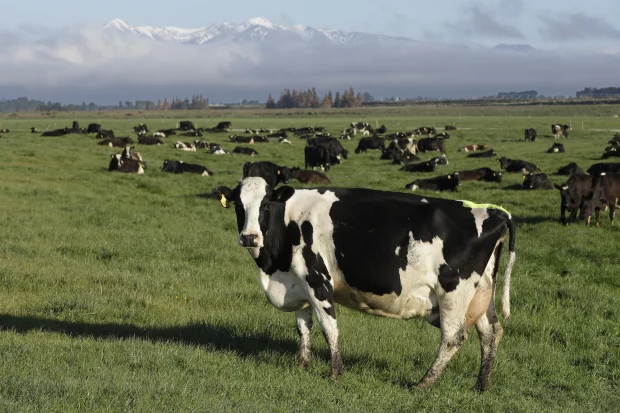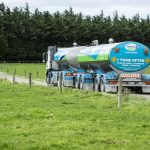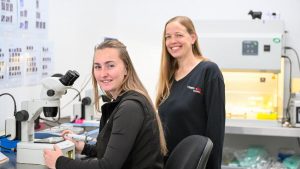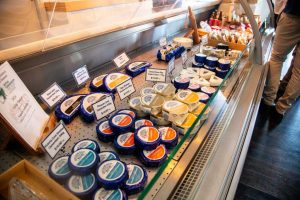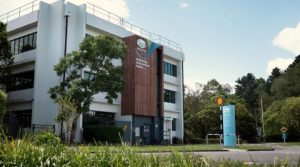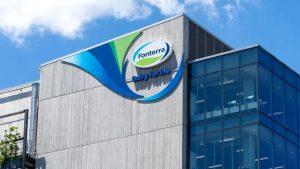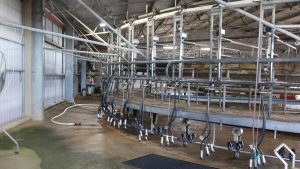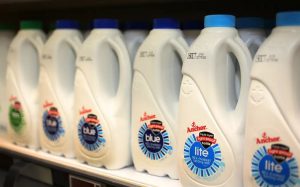
A shortage of dairy cows has caused profit margins in Fonterra’s Australian business to drop, even as they expand across the broader trans-Tasman groups as demand from Chinese consumers improves.
Fonterra, which owns Western Star butter, Mainland cheese and Perfect Italiano cheese, on Thursday said profits after tax had climbed 62 per cent to $NZ346 million ($324 million) for the three months ended September 30.
The result comes amid upheaval in the dairy industry, after the Australian Competition and Consumer Commission earlier this month said it would allow for supermarket giant Coles to buy two processing plants in Melbourne and Sydney from Canadian company Saputo.
It is the first time that a large retailer has owned processing plants, having relied on dairy producers to make home brand milk under contract.

Fonterra chief executive Miles Hurrell said profit margins had increased across all three main divisions of ingredients, food service and consumer. The ingredients business overall increased gross margins to 16.2 per cent from 13.9 per cent, but the Australian part of the ingredients business suffered a fall in margins. The company did not specify by how much.
Barry Irvin, the chairman of rival Bega, in late October said Australia’s milk production had shrunk to about 8 billion litres from about 11.5 billion litres over the past 20 years. The number of dairy cows has declined substantially, and dairy companies have been scrambling to secure enough supplies from the farmgate and are being forced to pay higher prices.
Fonterra’s consumer business overall expanded gross margins to 28.8 per cent in the September quarter from 23.9 per cent.
Mr Hurrell said the company was conscious of cost-of-living pressures in households in New Zealand and Australia, and was trying to find the right balance between price increases and the higher costs of manufacturing as wages and energy prices rose.
“Making sure we maintain share of wallet of individual consumers is important,” Mr Hurrell said, adding competition would likely become more intense. “One would expect that we need to be on our toes,” he said.
Michael Harvey, an analyst at Rabobank, said in a new report published on Thursday that last week’s decision by the ACCC to allow Coles to acquire two milk processing plants from Saputo was “a watershed for Australian dairy”.
“This is the first time an Australian retailer has invested downstream in dairy assets,” he wrote. There was plenty of “headroom” in the processing plants to increase throughput. “It will be interesting to see what products and markets Coles will focus on to expand volumes,” he said.
Coles is acquiring Saputo’s fresh milk processing facilities in Laverton North in outer Melbourne and Erskine Park in Sydney. The competition regulator said that while Coles was “by far the largest customer of these two facilities, they do supply a range of other milk products to retailers”.
Saputo is the country’s largest dairy processor and owns or services major household brands, such as Cheer, Cracker Barrel, Devondale, King Island Dairy, Liddells, Mersey Valley, Southcape, Tasmanian Heritage and Warrnambool Cheese & Butter.
Fonterra’s Mr Hurrell said across the entire business, he expected higher margins to continue for the rest of the December half, before “tightening” across all three main sales channels in the June-half.
